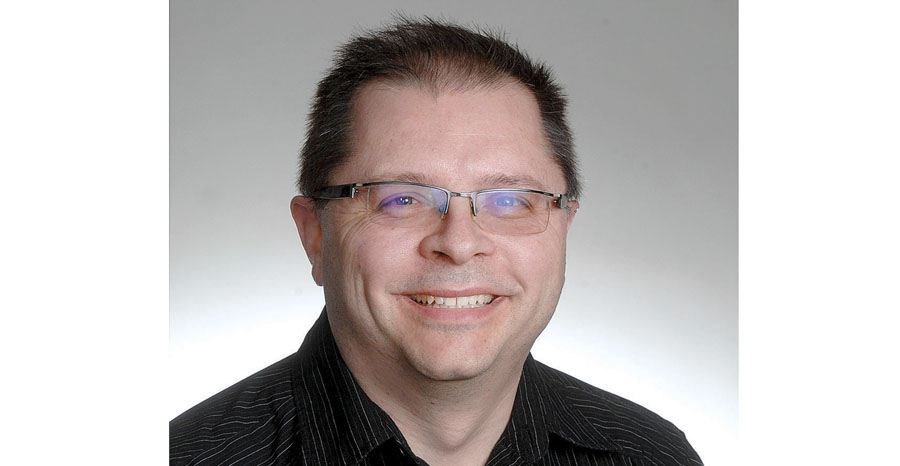Last year's decision to change the name of Fort George Park to Lheidli T'enneh Memorial Park was simply the latest chapter in a long and ongoing effort to incorporate and recognize aboriginal history and culture in the broader story of Canada.
New chapters are currently being written.
As the Vancouver Sun story in today's Citizen illustrates, B.C. students from kindergarten right through Grade 12 will soon learn about First Nations, as the curriculum is revamped for instruction on everything from language, art and customs to first contact with European settlers and residential schools.
And it won't end there.
Discussion is underway about every student in a B.C. university being required to take (and presumably pass) a course on Canada's indigenous peoples as a graduation requirement. The University of Winnipeg already has such a rule in effect and next year, Lakehead University in Thunder Bay is implementing a similar policy.
In other words, the recent visit by local school children to City Hall, where Chief Dominic Frederick of the Lheidli T'enneh First Nation was also included, will become the norm. He told the kids about modern relations between the City of Prince George and the Lheidli T'enneh but he also provided a historical context that included the forced resettlement of his people to Shelley and the legacy of residential schools.
What a breath of fresh air this all is.
The boring, whitewashed version of Canadian and local history taught in Canadian schools and post-secondary institutions for decades can't be punted to the curb fast enough. The exclusion of First Nations from most of the traditional social studies curriculum simply reinforced the notion that Canadian history and culture didn't exist before the French and the English got here, that the only names worth remembering were Jacques Cartier and Samuel de Champlain, Alexander Mackenzie and Simon Fraser, John A. Macdonald and Wilfred Laurier. When aboriginal people appeared in the narrative at all, it was in the form of Louis Riel, a troublemaker who rebelled against the inevitable conquest of European settlers and was executed for his efforts.
In that light, indigenous peoples, past and present, are nothing more than victims, speed bumps on the path to progress and deserving of genocidal oppression.
Generations of Canadians were lied to by their own teachers and history texts with this racist dogma. Canadians complain that their history is boring and they're right. It's so dull because it was sanitized into a one-dimensional tale of "they came, they cut trees, farmed the land, built a railroad and talked so much a country was born." It's a history designed to offend and educate no one.
Show Canadian kids the blood, sweat and tears of their country's history, however, and they get excited. This isn't about sensationalizing Canada's past or diminishing the role of European settlement. It's about telling a deeper and richer story, one that puts the accomplishments (and the failures) of the white settlers into a broader context of race, religion, culture and conquest. It's about learning how the past shaped who were are today as a nation, accepting the sins of our ancestors and putting an end to the suffering it caused.
This is what makes history as an academic discipline both interesting but also relevant to modern times.
Defining whose story is being told, who is being excluded and what does that say about society, then and now, helps us question the direction of the present day history we're writing for our children and grandchildren.
Making First Nations history part of Canadian history lessons isn't cultural appropriation, nor is it a patronizing, sugar-coated trivialization of indigenous peoples. It's about rightly seeing modern aboriginal residents as the original Canadians and accepting their central place in past and present Canada.
It's about seeing them as us, not as other.
-- Managing editor Neil Godbout



